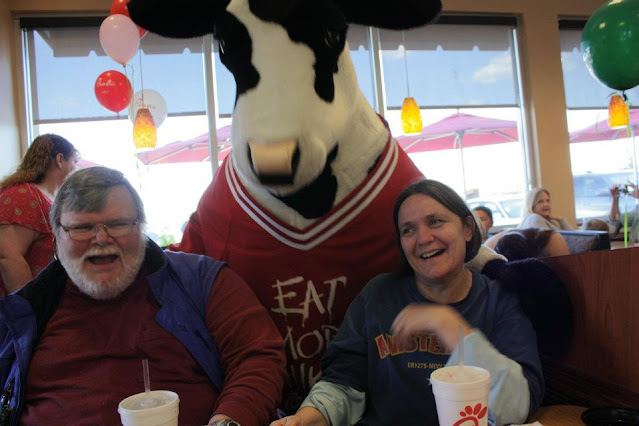Cancer Diary: Hypercalcemia As a Complication of Cancer

Hypercalcemia is a serious but treatable complication of cancer. It occurs when calcium levels in the blood rise too high, often signaling advanced disease. Recognizing its symptoms and understanding its causes can help patients and caregivers respond quickly. 🩺 What is Hypercalcemia? Hypercalcemia means higher-than-normal calcium levels in the blood . Calcium is essential for strong bones, muscle movement, nerve signaling, and heart rhythm. But when levels climb too high, the body’s systems are disrupted, leading to dangerous complications. 🎯 Which Cancers Are Linked to Hypercalcemia? Hypercalcemia is most often seen in advanced cancers . The cancers most commonly associated include: Breast cancer Bone cancer Lung cancer Kidney cancer Prostate cancer Multiple myeloma Leukemia and lymphoma Head and neck cancers Gastrointestinal cancers 🔬 How Does It Happen? Cancer can cause hypercalcemia through several mechanisms: Bone metastases : Tumors spread to bone, re...



